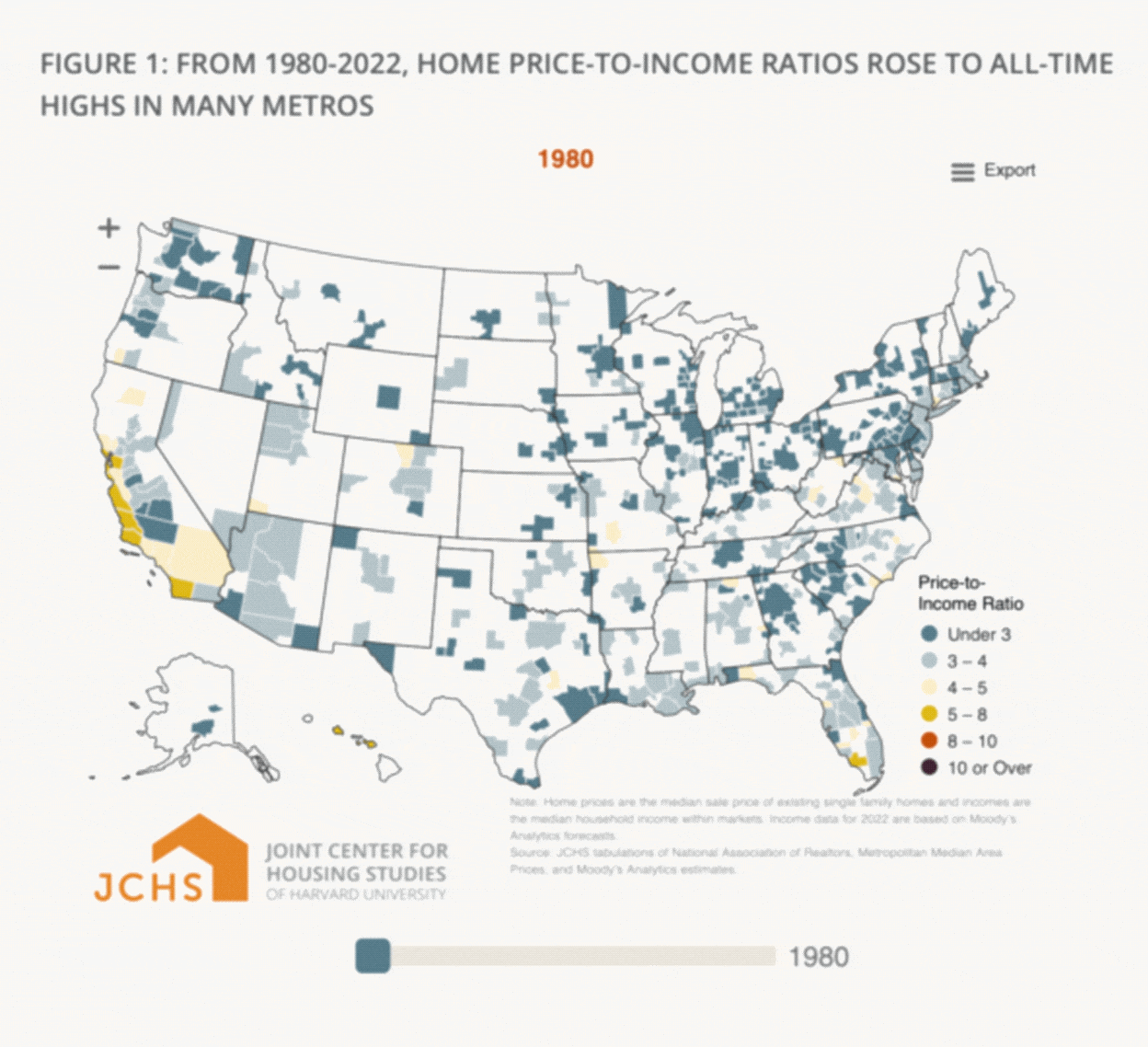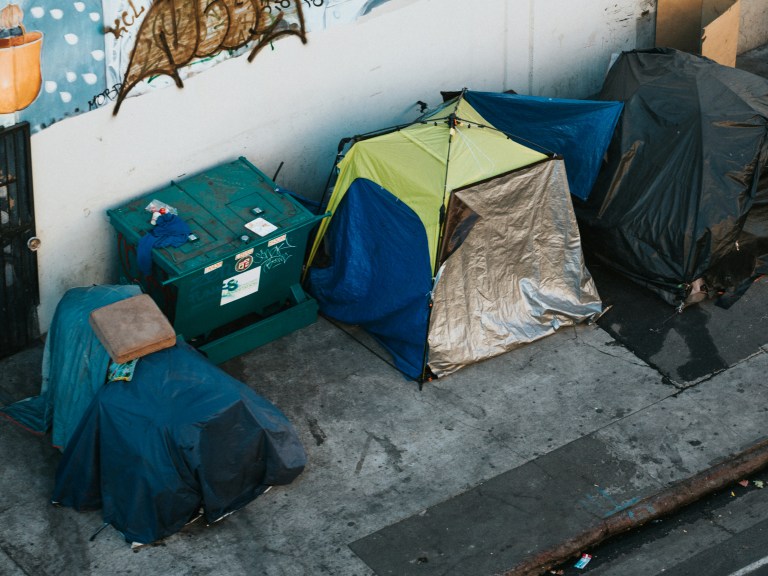Harvard University
Housing
In the average lifetime, a person spends 65% of their time inside their home. Harvard scholars are studying how to improve and evolve this critical part of our lives.
Rockshelters for the first Homo sapiens in Europe contained decorated walls, hearth-like structures, and other features that still make up our homes.
The future of homes
When we improve our homes we support our health, our wellbeing, and our planet.
Many of the strategies to make our buildings more resilient and to shrink their carbon footprints are well-known and well-tested.”Holly Samuelson
Associate Professor of Architecture
Harvard Graduate School of Design
Sustainable materials offer a potential alternative to traditional choices like concrete, aluminum, and steel.
Planning and scheduling, thoughtful decision-making, and putting people first can make for a happy home.
As the population of older adults increases, so does the demand for affordable housing that is able to accommodate their changing needs.
Grants designed to improve housing can make homes more energy efficient and save money for low-income families.
Patients receiving hospital-level care from the comfort of their own homes is increasing across the U.S.
Rethinking housing
Harvard experts are exploring new places to build homes, different ways to create homes, and safe ways to repair homes.
Reimagining where housing can be in a city
A Graduate School of Design class challenged students to retrofit a section of Berlin in a way that would contribute to the creation of neighborhoods with improved living conditions, sense of community, and social balance.
Improving zoning laws to improve the housing crisis
Harvard Law Professor Molly Brady explains how zoning can often prevent development of multifamily housing, which is cheaper per unit and therefore cheaper for renters.
Helping prospective homeowners build homes
Manufactured housing offers solutions to rising home prices, thanks to lower production costs, but there are still barriers.
Addressing housing deterioration
Deterioration and loss of America’s housing continues to pose a significant threat to the health, safety, security, and financial wellbeing of millions of low-income residents.
Addressing affordability
Each year, Harvard’s Joint Center for Housing Studies’ “State of the Nation’s Housing” report explores ideas for addressing housing challenges.

Data visuals
Home prices have far outpaced income
In 2022, the median sale price for a single-family home in the U.S. was 5.6 times higher than the median household income, higher than at any point on record dating back to the early 1970s.
Finding avenues for affordable housing
Graduate School of Design students helped envision affordable housing development in a Rhode Island neighborhood.
Reviewing the affordability of renting
The number of renter households spending more than 30% of their income on rent and utilities rose to a record high of 22.4 million.
Taking on homelessness
Harvard researchers are finding ways to address the many causes and consequences of homelessness across the country.

Harvard T.H. Chan School of Public Health
Initiative on Health and Homelessness
Seeing a lack of adequate evidence on which systems, policies, and interventions can best address health equity in the unhoused population, the Harvard Chan School’s Howard Koh launched the Initiative on Health and Homelessness in October 2019.
Experts cite the complexity of the problem, which is rooted in poverty and lack of affordable housing, but also point to medical, psychiatric, and substance-use issues.
Homelessness spiked 12% in 2023, with more than 650,000 people unhoused, the highest number recorded since data collection began in 2007.

Harvard Kennedy School
Homelessness Prevention & Rehousing Accelerator
In recognition of the urgent need to build sustainable systems for homelessness that incorporate prevention and expand housing options, four jurisdictions—Chicago, Colorado, Detroit, and Los Angeles—were awarded applied research support and technical assistance to explore targeted prevention and rehousing models.
American Indian and Alaska Native peoples are facing extreme levels of homelessness in many cities, especially in the southeast and west coast. Harvard’s Data-Smart City Solutions is exploring scalable solutions.
People experiencing homelessness seek medical attention for ailments directly attributable to their living conditions—and yet the health care system fails to address the underlying problem, which creates a cycle of hospitalizations.
The COVID-19 pandemic brought renewed attention to the lack of access to sanitary living conditions for unhoused people.
Supporting our community
From preservation and legal support to community service and affordable housing, Harvard hopes to make a difference in our community.
You may also like
